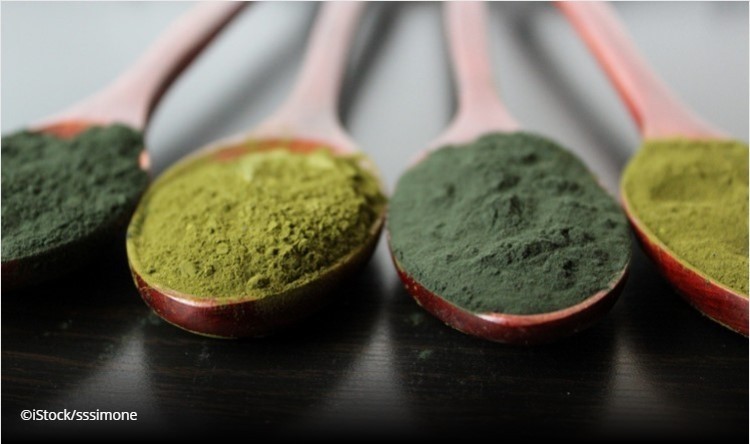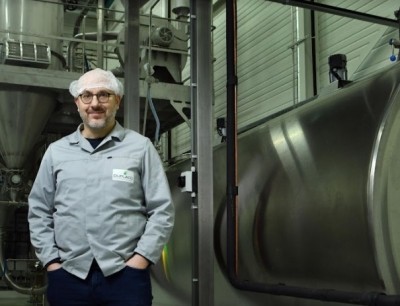Podcast: Microphyt talks up microalgae’s role in weight management, brain health & sports nutrition
This content item was originally published on www.nutraingredients.com, a William Reed online publication.

Founded in 2007 and now based in Montpellier France, the firm are now active in the nutraceutical & cosmetic industry sectors.
Its work with Phaeodactylum tricornutum, a type of microalgae found in marine spaces is particularly noteworthy with studies pointing to its beneficial role in sporting performance, brain health and weight management.
“At Microphyt we developed an ingredient rich in fucoxanthin called PhaeoSlim which is 100% natural as it is extracted from Phaeodactylum tricornutum,” explains Lemaire.
“Fucoxanthin has widely proven its efficacy and is known from the scientific community for its role on weight management and in particular as a fat burner.”
With the microalgae market expected to reach €840m ($857m) in 2030, (CAGR 10-15%), consumer expectations for microalgae have heightened due to the plant’s natural, vegetarian, sustainable, side effect-free credentials.
Overcoming barriers
Lemaire points to regulatory and production issues as reasons why microalgae has been overshadowed as a potent bioactive in recent years when compared to other plant-based ingredients.
“For me there’s several points here. First, the regulatory part. Today, only 8 microalgae strains are allowed to be consumed and to be used in food supplements or food products. Only 8!
“While the microalgae diversity is extending to million species and strains. For a lot of strains and though, ingredients extracted from those strains, there’s no authorisation to use them,” she adds.
“That means like for industries like us, if we want to develop new ingredients from those strains and to sell them on the nutraceutical market, we need to depose dossiers to the authorities to obtain New Dietary Ingredient Status or Novel food, slowing down the microalgae market.
Lemaire goes on to explain that the other main barrier is the specific production conditions required of microalgae itself.
“It’s not so easy, you need to have a real expertise to do so,” she explains. “At Microphyt, we have this unique and patented technology called CAMARGUE that allow us to cultivate those fragile strains.
“Each microalgae needs specific conditions to survive, temperature, light, nutrients… And that’s why, thanks to our CAMARGUE photobioreactors, we are the only microalgae producer in the world to cultivate so many strains at the same time.”








